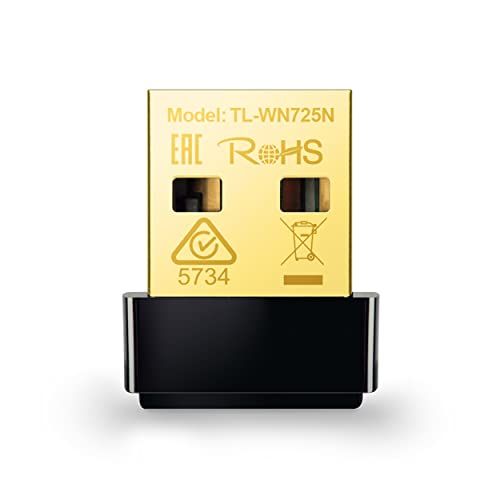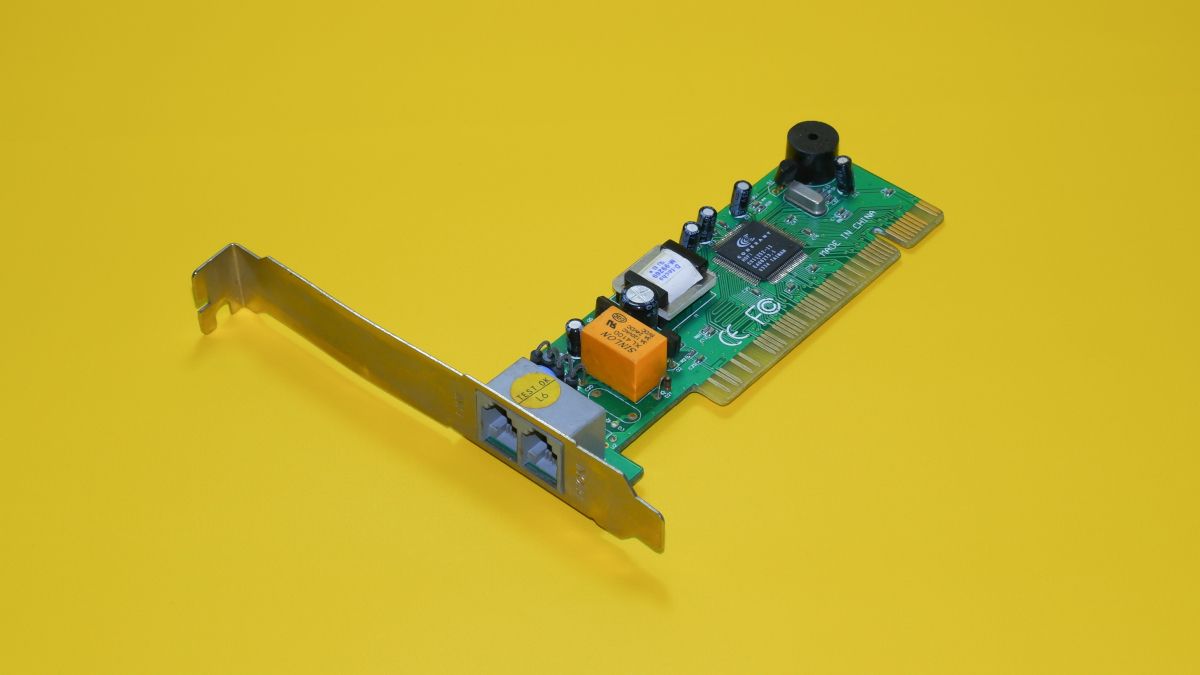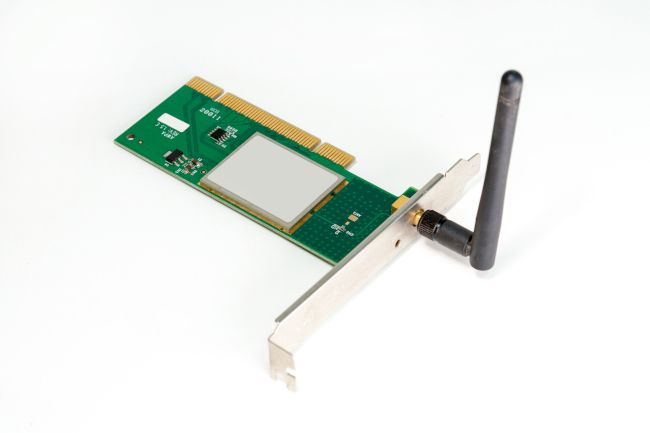If you've ever tried to fix a networking issue, you've likely come across discussions about network adapters. So what are they, and why does your computer need them? Let's take a closer look.
What Is a Network Adapter?
Network adapters are one of the many pieces that connect us to the internet. They're usually an antenna or card built into your device, but can also be plug-in USB dongles or antennae that allow purely wired devices to receive data wirelessly.
Network adapters allow computers and other devices to interface with a local area network (LAN) or another type of network in order to access the internet. They can work with wireless connections like Wi-Fi or wired ones like Ethernet.
A network adapter is not the same thing as a router. Your router is the gateway that directs wireless traffic to your devices from the internet, while the adapter allows your device to connect to the network and receive that data.
When using external network adapters on a PC, you'll need to download and install the driver software specific to that adapter before you can use it. The manufacturer will often package this software along with the adapter, or your computer will automatically install the driver when your adapter is first plugged in.
Types of Network Adapters
Both wired and wireless network adapters can be used on a variety of devices.
Network Interface Card (NIC)
One of the most common network adapters available today is the Network Interface Card (NIC), also called the network interface controller. They're usually built into the motherboards of today's internet-capable devices and allow both wired and wireless connection to the internet.
NICs all usually use the 802.11 standard for Wi-Fi connectivity, so the one that comes with your laptop can work with any router using that standard to get online. Since it's the standard for most wireless internet connections, it's pretty easy for most devices to interface with.
USB Adapters
This type of adapter is typically a USB dongle that plugs into a wired computer. It will have an antenna attached to receive the signal from a wireless network, and transmit the data it receives through the USB connection to the computer.
These adapters are a good option for enabling older computers with a wireless connection because they don't require physically opening the computer's case to install an internal network adapter. A popular choice is the TP-Link N150.

TP-Link N150 USB Wi-Fi Adapter for PC
This small but effective USB Wi-Fi adapter will get you connected without getting in the way.
USB network adapters can also support wired network connections. Wired or wireless, they're often packaged with home routers to form a home LAN.
Peripheral Component Interconnect (PCI) Network Adapters
Similar to USB adapters, a PCI adapter connects to a PC computer or laptop via a PCI card slot. These adapters also have an attached antenna designed to receive a wireless internet signal. Though external, they're built in a similar way to the NIC adapter most modern computers come with and can enable both wired and wireless connections.
Developed in 1992, the PCI standard was later replaced with PCI Express (PCIe). A variant of the PCI card called a PCMCIA card or Ethernet card was also used with laptops for a time until technology improved enough for network adapters to be built into laptops.
Virtual Adapters
Some adapters are software-only and built to mimic the functions of a NIC. You'll most often see this type of adapter in products like a virtual private network (VPN), which uses another computer's local network connection to make it seem like your computer is also using that connection from the same location.
Improve Your Network Connection
If you're having trouble connecting to your network, you may need to upgrade your router. Check out our picks for the best Wi-Fi routers for your home.


